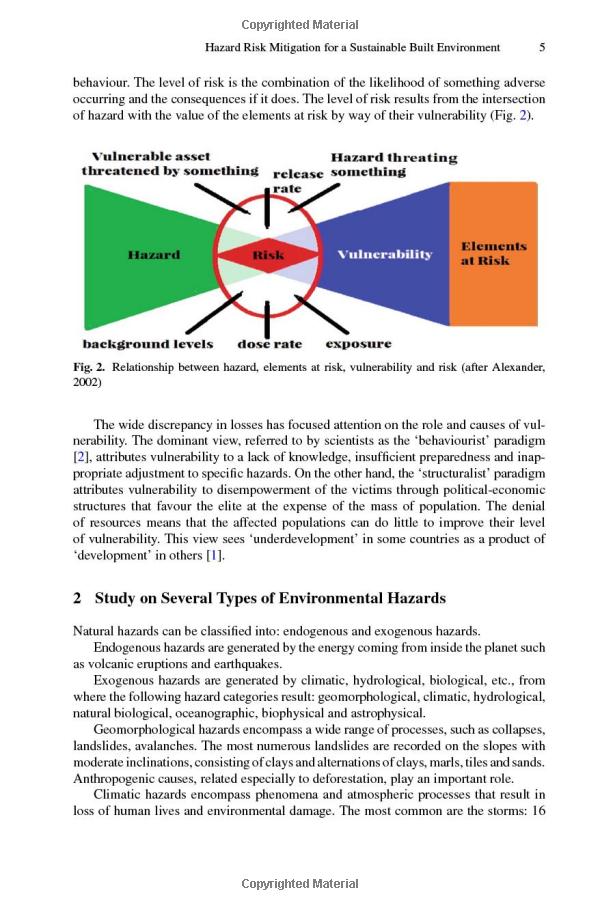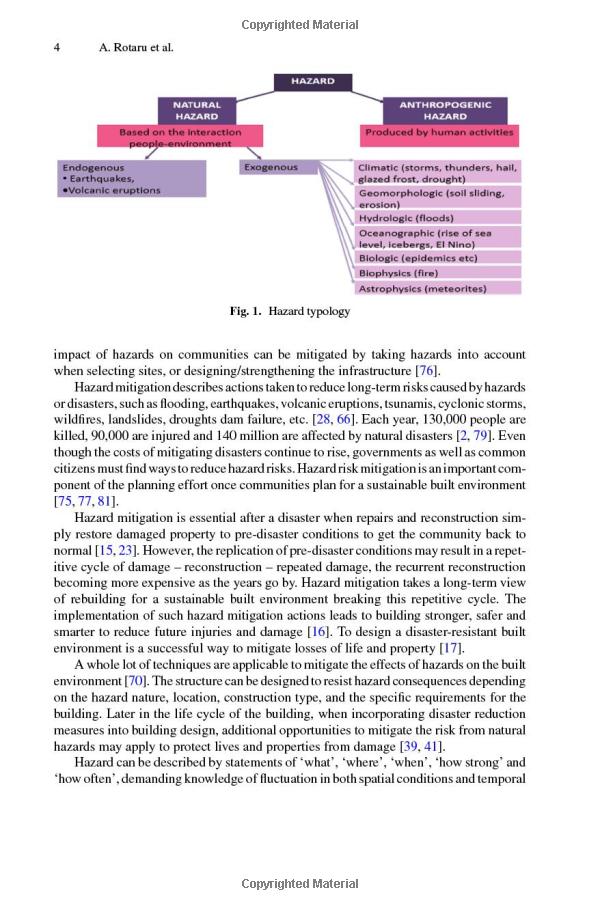What Attracts Scorpions: Understanding Their Lures and Habitats for Effective Pest Control
#### What Attracts ScorpionsScorpions, fascinating yet often feared creatures, have intrigued humans for centuries. Understanding what attracts scorpions is……
#### What Attracts Scorpions
Scorpions, fascinating yet often feared creatures, have intrigued humans for centuries. Understanding what attracts scorpions is crucial for both pest control and ecological awareness. Scorpions are primarily nocturnal predators, and their attraction to certain environmental factors can help us manage their presence in our homes and yards.
#### Environmental Factors
One of the primary aspects that attract scorpions is the environment in which they thrive. Scorpions prefer warm, dry climates, which is why they are commonly found in deserts and arid regions. They are drawn to areas that provide shelter, such as cracks in rocks, under logs, or within piles of debris. This natural instinct to seek refuge from predators and harsh weather conditions makes understanding their habitat essential for prevention.
#### Food Sources
Another significant factor that attracts scorpions is the availability of food. Scorpions are carnivorous and primarily feed on insects, spiders, and other small invertebrates. Homes and gardens that have a high population of pests like crickets, cockroaches, and beetles can inadvertently become a buffet for scorpions. Therefore, maintaining a clean environment and reducing clutter can help minimize food sources, thereby discouraging scorpions from taking up residence.

#### Moisture Levels
Interestingly, moisture levels also play a role in attracting scorpions. While they prefer dry environments, scorpions are often found near sources of water, especially during hot weather when they seek hydration. Areas such as leaky faucets, overwatered gardens, or standing water can draw scorpions closer to human dwellings. Addressing these moisture issues can significantly reduce the likelihood of scorpions invading your space.
#### Seasonal Behavior
Understanding the seasonal behavior of scorpions can also provide insights into what attracts them. During warmer months, scorpions are more active and likely to venture out in search of food and mates. This increased activity can lead them closer to human habitats, especially in late summer and early fall. By being aware of these patterns, homeowners can take proactive measures to secure their properties during peak scorpion activity times.
#### Prevention Strategies

To effectively manage scorpion populations, it’s essential to implement prevention strategies based on what attracts scorpions. Here are some practical tips:
1. **Seal Entry Points**: Inspect your home for cracks and gaps in doors, windows, and foundations. Sealing these entry points can help keep scorpions out.
2. **Reduce Clutter**: Clear away debris, wood piles, and other potential hiding spots around your yard. Keeping your outdoor space tidy can deter scorpions from settling in.
3. **Manage Lighting**: Scorpions are attracted to insects, which are drawn to outdoor lights. Using yellow or sodium vapor lights can reduce insect attraction and, consequently, scorpions.
4. **Regular Pest Control**: Regularly treating your home and yard for common pests can help eliminate food sources for scorpions.

5. **Professional Help**: If scorpions are a persistent problem, consider consulting a pest control professional who can assess your situation and provide tailored solutions.
#### Conclusion
Understanding what attracts scorpions is vital for effective management and prevention. By considering environmental factors, food sources, moisture levels, and seasonal behaviors, homeowners can take proactive steps to reduce the likelihood of scorpion encounters. Implementing these strategies not only enhances safety but also promotes a more harmonious coexistence with these intriguing creatures. Remember, knowledge is power when it comes to understanding and managing our natural surroundings.